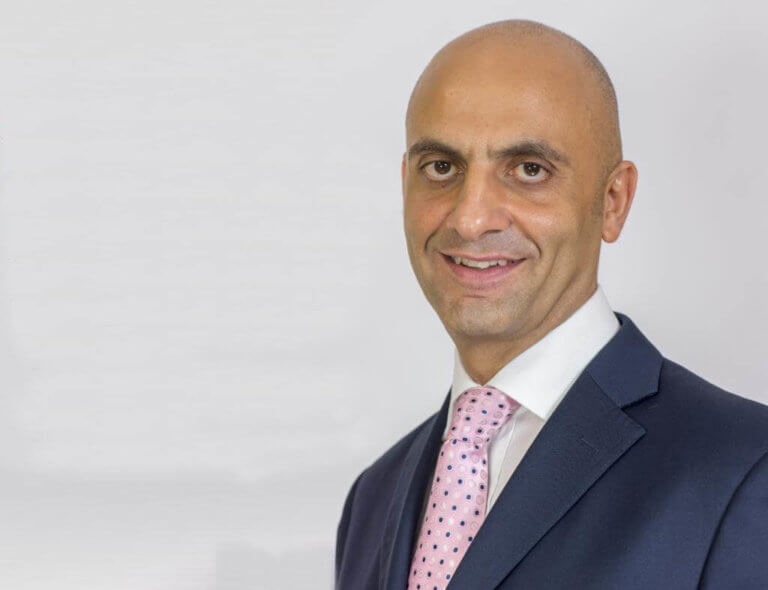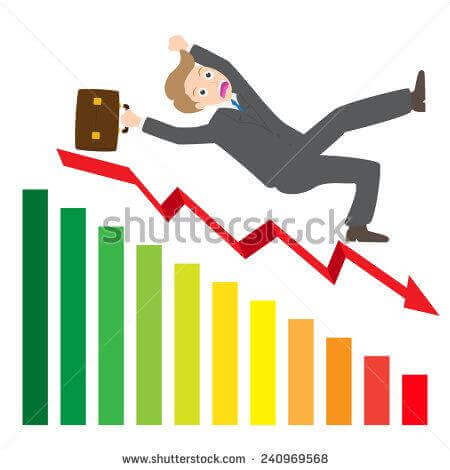Hedge fund compensation increased in 2014 as total capital invested in the hedge fund industry again reached new records, according to the 2015 Glocap Hedge Fund Compensation Report, released today by Glocap Search and HFR®.
With the industry reaching a new high of $2.82 trillion in assets and net inflows at their highest level since 2007, the industry finds itself in tight competition for talent against other industries, as well as other hedge funds, for top finance professionals. Compensation increased 5-10 percent over 2013 compensation, according to the 2015 Glocap Hedge Fund Compensation Report, with front office roles including Portfolio Managers, Traders and Senior Analysts seeing increases, as well as professionals in Marketing and IT at top performing funds.
Glocap Search is a leading alternative investment management search firm, focused on covering all functional roles within hedge funds, private equity, venture capital, and other financial services. HFR is the established industry leader in the indexation, aggregation and research of the global hedge fund industry.
Over the first three quarters of 2014, global hedge fund industry capital exceeded $2.82 trillion, the ninth consecutive quarterly asset level record, as the HFRI Fund Weighted Composite Index gained +2.90 percent YTD. The percentage of all hedge funds which reached their high watermarks YTD through September also rose to 68 percent, a sharp increase from the 48.4 percent of funds, which had reached respective high watermarks only two years prior (2012).
“Hedge fund bonus pools continue to grow in 2014, inflated by management fee income, even if the performance contributions are more variable. But hedge funds will again be increasing their pay to retain and attract top talent, especially as more capital enters this competitive market,” notes Anthony Keizner, head of Glocap’s Hedge Fund practice.
Compensation trends up for front-office professionals
Compensation growth, including base salary and bonus (both fixed payout and discretionary), were largely a function of fund relative performance and firm size, with Portfolio Managers at top performing funds approaching eight-figure compensation levels.
Analysts at large hedge funds, managing greater than $4 billion and performing near the industry average, experienced a base salary increase of 6 percent and a bonus increase of approximately 5 percent, for an average compensation increase of 5.4 percent to a total compensation of $372,000.
Portfolio Managers and other Senior Investment Professionals at large hedge funds saw less change in their base salaries, with these typically earning an average base salary of $275,000, although bonus increases ranged from 2 percent to 15 percent, topping the average increase from 2013. Overall, the average compensation for a PM of a large fund with performance near industry average increased by nearly 8 percent to $2.4 million.
Pace of hedge fund hiring sped up in 2014
Compensation growth trends showed not only a continuation, but an acceleration of trends observed in 2013, including greater transparency and use of deferred compensation. Firms placed a premium on individuals across all roles, including those in operational and risk groups, which are able to operate as client-facing resources. As a result of competition from other hedge funds, as well as industries including private equity, venture capital, and other financial services, new trends for qualified candidates include shorter evaluation timeframes, earlier involvement of more senior management personnel from the hiring firm and a greater likelihood of receiving offers from multiple firms.
“While hiring in recent years has been more opportunistic, there has been a greater urgency in 2014 to filling key roles at hedge funds; the time from introduction to a candidate starting has decreased from 6 months to 3 months. Examples are increasing of hiring in just a few weeks, especially when someone has left a fund that is folding, or when there are multiple funds chasing the same candidate,” noted Keizner.
Compensation models evolving
In addition to fund performance being the primary determinant of hedge fund compensation, firm compensation models also consider an increasingly broad and complex continuum of qualities, designed to reflect increased teamwork, risk-based capital returns, firm promotion, extending duration of incentives and scrutiny from both regulators and investors of compensation practices.
“Hedge fund compensation structures continued to evolve in 2014 as industry capital reached record levels, balancing competing pressures for talented finance professionals from other industries against increased pressure for lower fees and long-term performance-based compensation packages,” stated Kenneth J. Heinz, President of HFR. “The continued emphasis on performance generation, as well as increased emphasis of teamwork, firm profitability and the decreased use of large guaranteed compensation packages, has contributed to a greater alignment of interest which properly incentivizes employees to expand their firms in a responsible manner.”
























